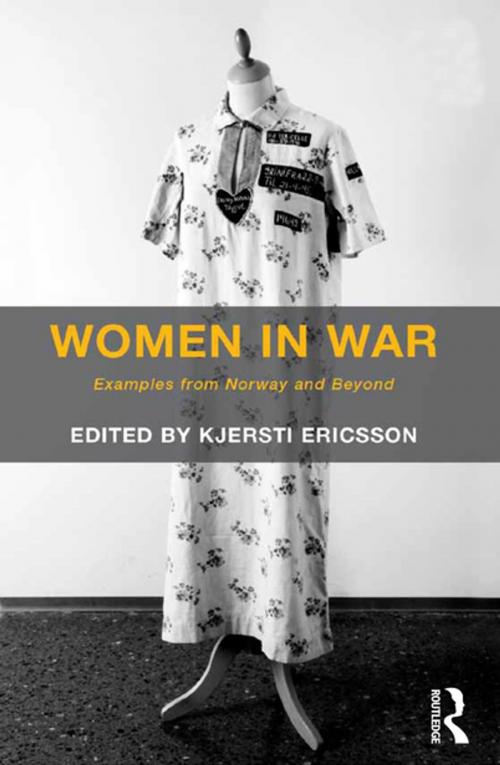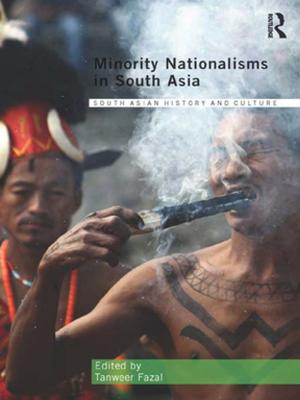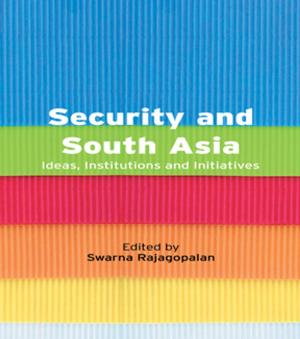Women in War
Examples from Norway and Beyond
Nonfiction, Reference & Language, Law, Criminal law, Social & Cultural Studies, Social Science, Crimes & Criminals, Criminology| Author: | Kjersti Ericsson | ISBN: | 9781134776399 |
| Publisher: | Taylor and Francis | Publication: | March 9, 2016 |
| Imprint: | Routledge | Language: | English |
| Author: | Kjersti Ericsson |
| ISBN: | 9781134776399 |
| Publisher: | Taylor and Francis |
| Publication: | March 9, 2016 |
| Imprint: | Routledge |
| Language: | English |
This book examines what happens to women and gender relations in times of upheaval. The experience of Norway during World War II, with some visits to other parts of the world as well, is used to demonstrate general, gendered issues that are actualized in wars both past and present. The authors explore whether gendered cultural conceptions influence the way war is remembered and represented, both collectively and individually. The collection discusses the various roles of women during the war from resistance fighter to `German tart’ and how they were dealt with and treated in the aftermath. The chapters examine the position of Jewish victims of persecution, foreign female labourers and gay men, as well as the gendered response exhibited by the courts in post-war trials of female state police employees. The book concludes by following the struggle to bring women’s role in war and peacebuilding onto the international agenda. This book will be of interest to students and scholars in the field of criminology, as well as peace and conflict studies, political science, sociology of law, history, social work, social pedagogy, psychology and gender studies.
This book examines what happens to women and gender relations in times of upheaval. The experience of Norway during World War II, with some visits to other parts of the world as well, is used to demonstrate general, gendered issues that are actualized in wars both past and present. The authors explore whether gendered cultural conceptions influence the way war is remembered and represented, both collectively and individually. The collection discusses the various roles of women during the war from resistance fighter to `German tart’ and how they were dealt with and treated in the aftermath. The chapters examine the position of Jewish victims of persecution, foreign female labourers and gay men, as well as the gendered response exhibited by the courts in post-war trials of female state police employees. The book concludes by following the struggle to bring women’s role in war and peacebuilding onto the international agenda. This book will be of interest to students and scholars in the field of criminology, as well as peace and conflict studies, political science, sociology of law, history, social work, social pedagogy, psychology and gender studies.















